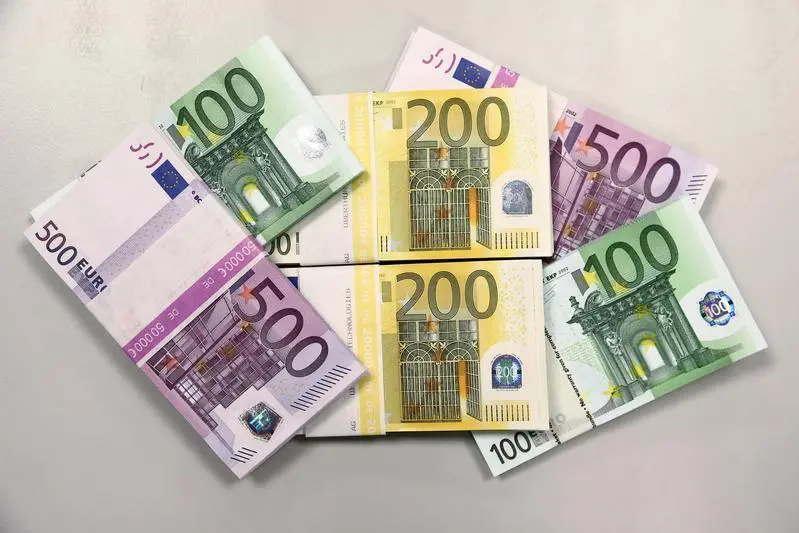Reuters, September 1 – The dispute over the European Central Bank’s September rate decision was not resolved by inflation data, and investors saw a less hawkish posture by ratesetter Isabel Schnabel, which contributed to a weekly decline in the yields on euro zone government bonds.
Before U.S. job numbers, which could give the market a clearer direction, traders anticipate a quiet morning with bond prices, which move inversely with yields. Expectations that the Federal Reserve will keep interest rates unchanged this month have been strengthened by recent statistics.
According to a note from Citi analysts, Schnabel’s decision to abstain for September “feels significant given that her last speech in June called for erring on the side of doing too much.”
“The speech argued for a genuine meeting-by-meeting approach amidst the uncertainty,” they continued.
The benchmark 10-year government bond rate for the euro zone, which is set by Germany, increased by 1.5 basis points (bps) to 2.49%. It has decreased by 7 basis points this week and is on track to have its worst weekly decline since mid-July.
According to Christoph Rieger, head of rates and credit research at Commerzbank, “ECB board member Schnabel seems to have given up some of her hawkish views.”
The policy-sensitive 2-year yield was unchanged at 2.98% and is expected to conclude the week down 5.5 basis points, which would be its sharpest decline since mid-August.
Benjamin Schroeder, senior rates strategist at ING, stated that “the market went for the dovish interpretation, though we think that some of Schnabel’s assessments still point to her hawkish nature.”
She mentioned, for example, that, in some cases, an increase might also “insure against the continued elevated risk of inflation remaining above (the ECB’s) target for too long.”
The question of whether to tighten monetary policy much more is still up for discussion, according to ECB Vice President Luis de Guindos and policymaker Francois Villeroy de Galhau.
After the release of inflation data from the German state of North Rhine-Westphalia on Wednesday, the probability of a 25 bps rate increase this month was reduced from 60% to approximately 30% in the money markets.
Last month, despite easing price pressures for the underlying products, euro zone inflation surprised observers by remaining obstinate. This gave both proponents and opponents of another ECB rate increase new talking points.
Analysts emphasised that the ECB is keeping a close eye on service pricing and that this element is used as a gauge of the pace of inflation.
According to Marc de Muizon, senior economist at Deutsche Bank Research, “the main uncertainty going forward will be how fast and far services inflation rates drop,” as the declining growth momentum would be offset by continuing high wage inflation.

